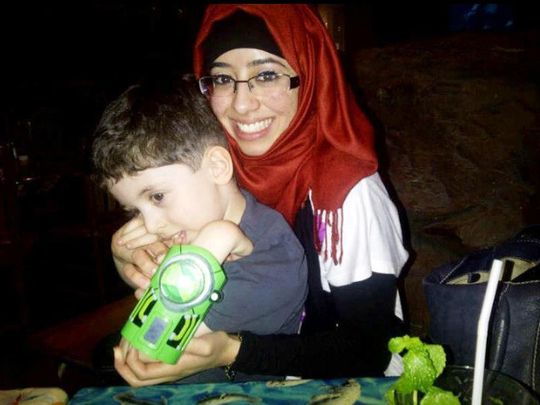
Bushra Al Faraj, a Saudi student living in Sharjah, ends her fast during Ramadan with her family at a different relative’s house at least once every week, usually during a weekend, as a tradition.
“It is kind of a big deal because a lot of our family members live remotely far away from each other, so we do not get to see each other regularly throughout the year,” she said.
After iftar with her family and relatives, Bushra spends quality time with her relatives.
“We spend the rest of the evening after iftar simply spending quality time together as a family, and we end up staying long enough, usually until suhoor time,” she said.
“At certain nights there are local festivals that take place, so my cousins and I check them out sometimes,” she said.
“There is usually henna painting and traditional items on display, as well as tea and traditional snacks being handed out.”
Traditional snacks include egaila, a treat that resembles pancakes; lugaimat, fried balls of dough dipped in honey; and sagou, a sweet jelly-like dessert.
“I know that my parents, aunts and uncles have been following this family tradition since they were young. The only difference is that they lived closer to each other back then, so they would end up having iftar together almost every night rather than once or twice a week,” she said.
Bushra loves the atmosphere that her family’s Ramadan traditions provide.
“Sure I get to see my relatives every now and then throughout the year, but there is something special about gathering to see each other during Ramadan,” she said.
— Nouf Bakhsh is an intern at Gulf News.








